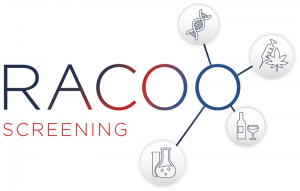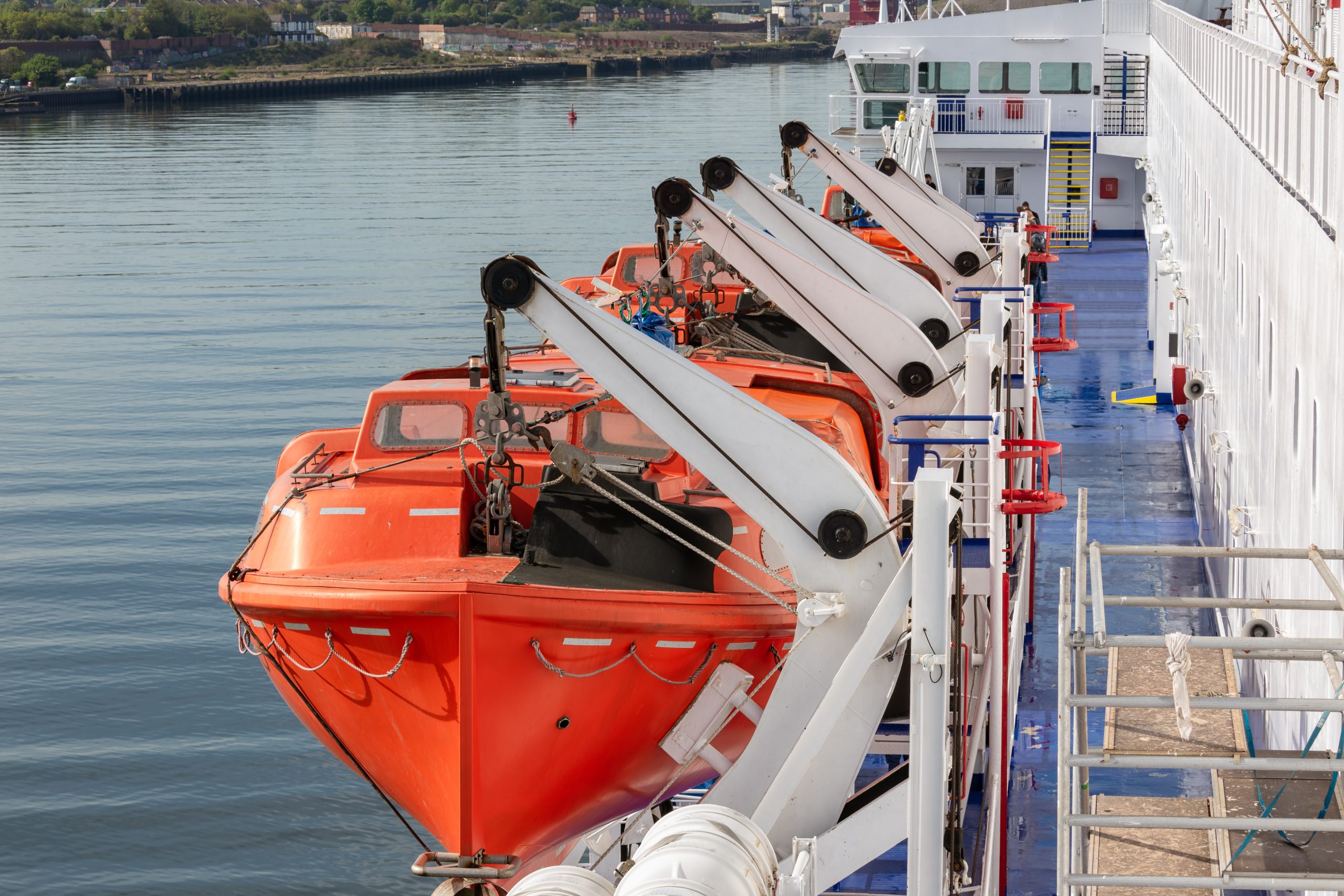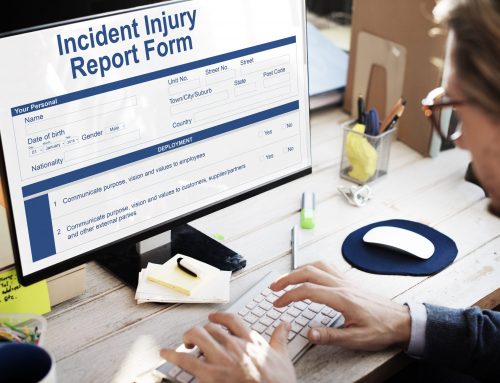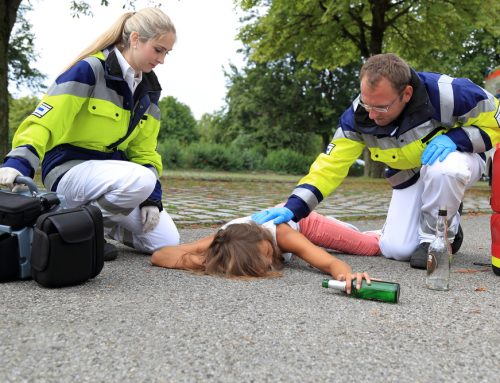80% of maritime accidents are caused by human error.
At sea or on waterways, alcohol and drugs are even more dangerous than on land because of the changing environment. The motion, vibration, engine noise, weather, can emphasise the effects of taking drugs or alcohol. This leads to a strong decrease in awareness and hazard perception.
The implications for a member of staff who consumes alcohol or drugs are greater than for those who do not. It’s not just their safety they are putting at risk, but everybody on board.
One of the most high profile incidents was in 2012. Under the influence of alcohol, the captain of Costa Concordia steered the 114,000-tonne vessel into rocks off the Italian coast. The avoidable disaster killed 32 people and seriously injured many others.
The married ship captain had sailed the boat close to the island to impress a dancer with whom he was having an affair.
The Italian courts found the captain, four crew members and one official from the ship’s company, Costa Crociere (part of Carnival Corporation), to be at fault for causing the disaster. The wreck was not the fault of unexpected weather or ship malfunction; it was a disaster caused entirely by a series of human errors.
“At any time when you have an incident similar to Concordia, there is never…a single causal factor,” said Brad Schoenwald, a senior marine inspector at the United States Coast Guard. “It is generally a sequence of events, things that line up in a bad way that ultimately create that incident.”
Since the high profile case, many maritime companies have put in place policies that eliminate the amount of drugs or alcohol being taken by their crew. Despite this, accidents at sea still happen. Only regular, randomised testing and staff training can uphold the policies in place.
Racoo Screening works with maritime companies of all sizes to help implement effective workplace drug and alcohol testing policies that comply with international regulations. We also offer a complete drug and alcohol testing service and can conduct staff training. To find out more, contact us here.






Leave A Comment
You must be logged in to post a comment.